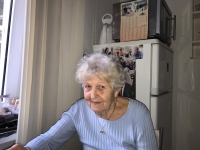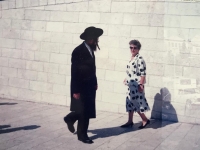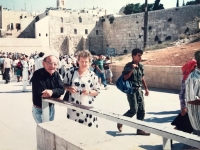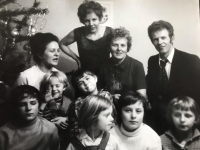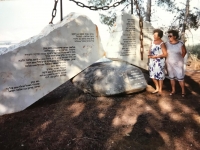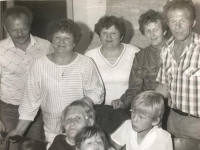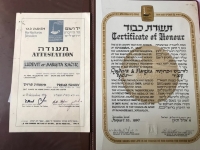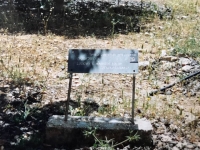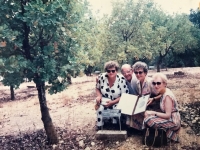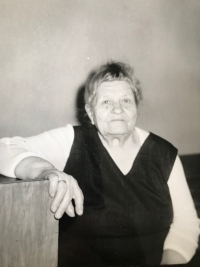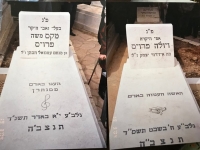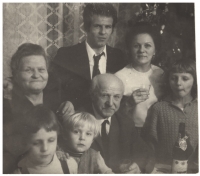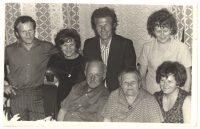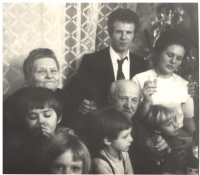During the war, we were ten in an apartment. Four of that were hiding Jews, recalls Emilia Sasinova
Emilia Sasinova was born November 20, 1936, at the Slovak-Hungarian border, in the village of Manla. Together with the parents, they had to move out of their home in 1938, since they lived in the Hungarian territory after the Vienna arbitration. From the beginning of World War II, Emília was already living Nitra. In 1944, her parents were hiding a Jewish family which was on the running before the Nazi regime. Later, they also hid another Jewish man named Max. Due to an unfortunate coincidence, the Germans discovered the hiding Jews and sent them to the concentration camp. Max survived and after the war, he moved to Israel. Here, Emilia together with her siblings received recognition and thanks. Max even invited her to the Holocaust memorial Yad Vashem.
